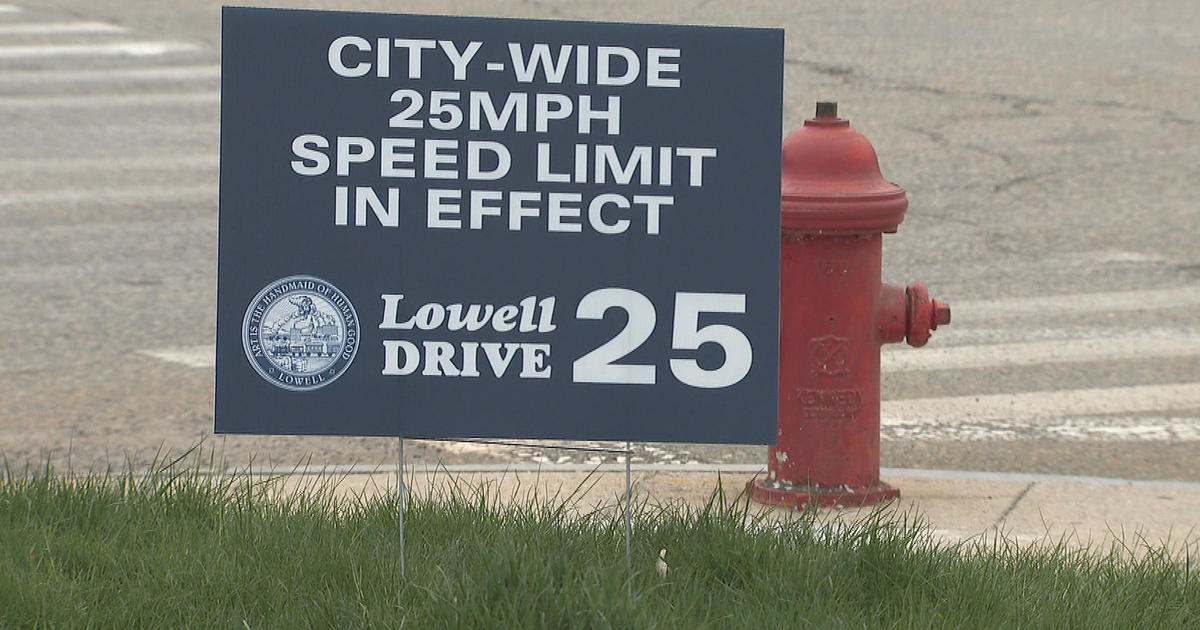Green Landscaping In Boston
Landscape architecture is a huge field that affects a great deal of our physical environment, especially in urban areas where truly wild landscape is pretty rare. Within the overarching realm of landscape architecture, green and sustainable landscaping is a huge, growing trend. After all, when not designed properly, human-made landscapes can be dependent on a great deal of resources. Different plants have different needs - some require more water, sunshine, healthier soil and fertilizer, while others hardly need any of these. So the trick for landscape architects (and DIY gardeners), is learning which plants to put where and in a way that is both resourceful and aesthetically pleasing. Sustainable gardens also avoid the planting of invasive species and are mindful to the wildlife that depend on that given space. Sustainable landscaping is also often regenerative, meaning that the garden won't need to be replanted every year.
Large-scale green landscaping takes a lot of forethought, and usually requires the designers to develop a master plan. The master plan will not only explain the look and feel of the area, but will also predict the resources and upkeep required for maintaining it. Landscape architects, planners, architects, engineers, horticulturalists and others work in interdisciplinary teams to make the project beneficial environmentally and economically. The surrounding community is also taken into consideration when designing green urban gardens. Plants serve as natural air filters, so gardens can be designed to maximize carbon sequestration. Green spaces are also important for the well being of urban neighborhoods.

Sustainable landscape design is especially popular in Boston where energy efficiency is so important to residents and businesses. In fact, Boston hosted this year's American Society of Landscape Architects Conference, which drew in more than 6,000 landscape professionals and students. Attendees took classes in subjects like Geodesign - which focuses on using geography and GIS mapping to make cities more livable while also conserving nature. Another course offered was Biophilic Design; the study of how people interact with nature. There was even a specific session at the conference dedicated to tree planting in and around Boston.
A great outcome of the ASLA conference is "The Dirt," or the Landscape Architect's Guide to Boston. The guide features wonderful greenspaces throughout Boston, including The Emerald Necklace, Raymond V. Mellone Park and Condor Street Urban Wild. The Guide also refers to Boston as a "trendsetter" when it comes to sustainable landscaping.

But the American Society of Landscape Architects Conference isn't the only opportunity for people to learn about sustainable garden design. The Boston Architectural College, which has a huge focus on green design, has courses in landscape architecture. Located in Boston's Back Bay, the architectural college provides opportunities for both bachelors and masters degrees in the fields of landscape architecture, interior design, design studies and traditional architecture. The landscape architecture department provides education in urban ecology, hydrology, planting design and structural construction. Students at the school have the opportunity to work with real clients to put their skill to the test even before graduating. This practical learning experience makes graduates some of the best in their field.
You May Also Be Interested In These Stories
Cameron Bruns is the founder of BostonGreenBlog.com and co-author of Just Us Gals Boston. She lives in Boston's North End, where her goal is to promote ethical, stylish, and sustainable lifestyle choices to all Boston residents. Her work can be found on Examiner.com.



